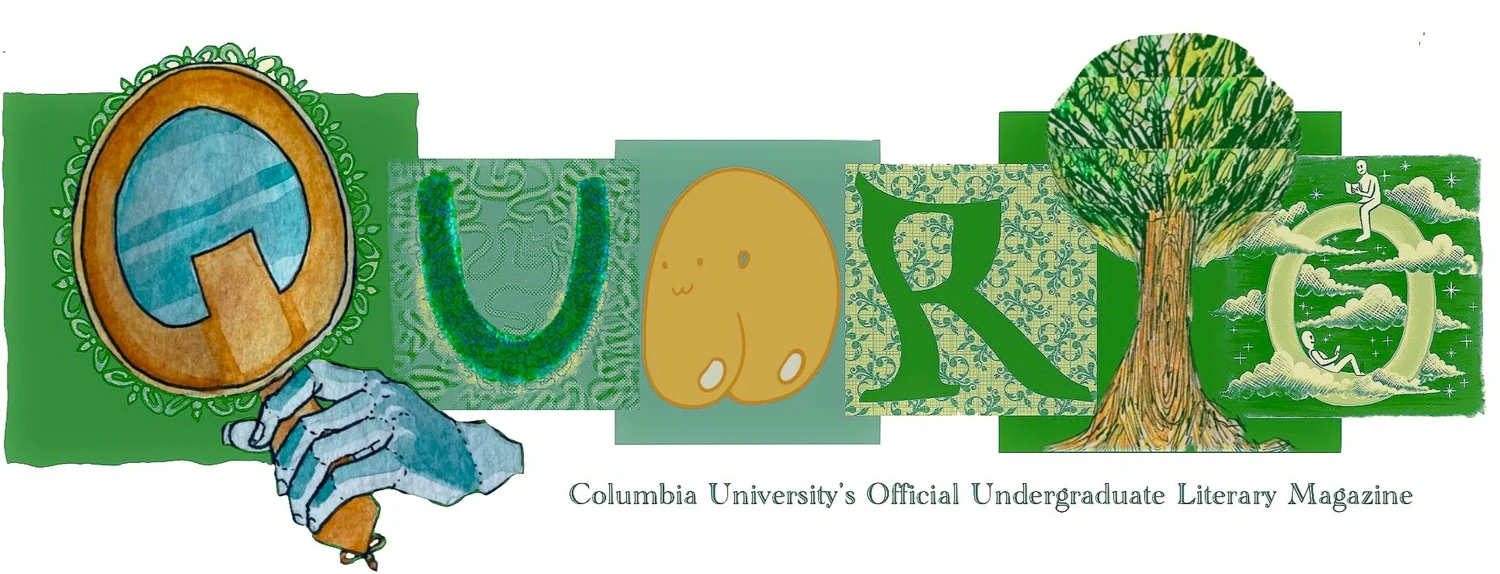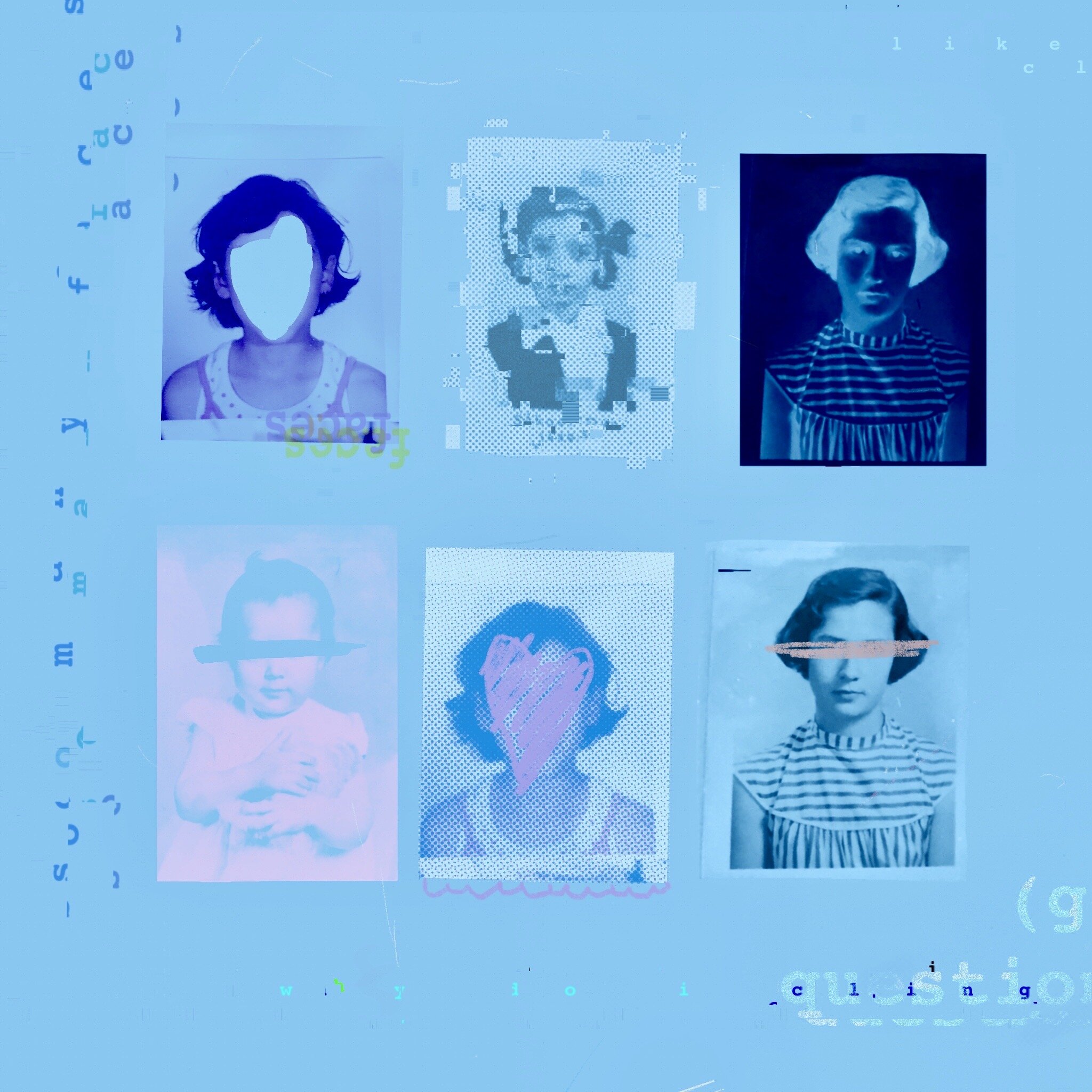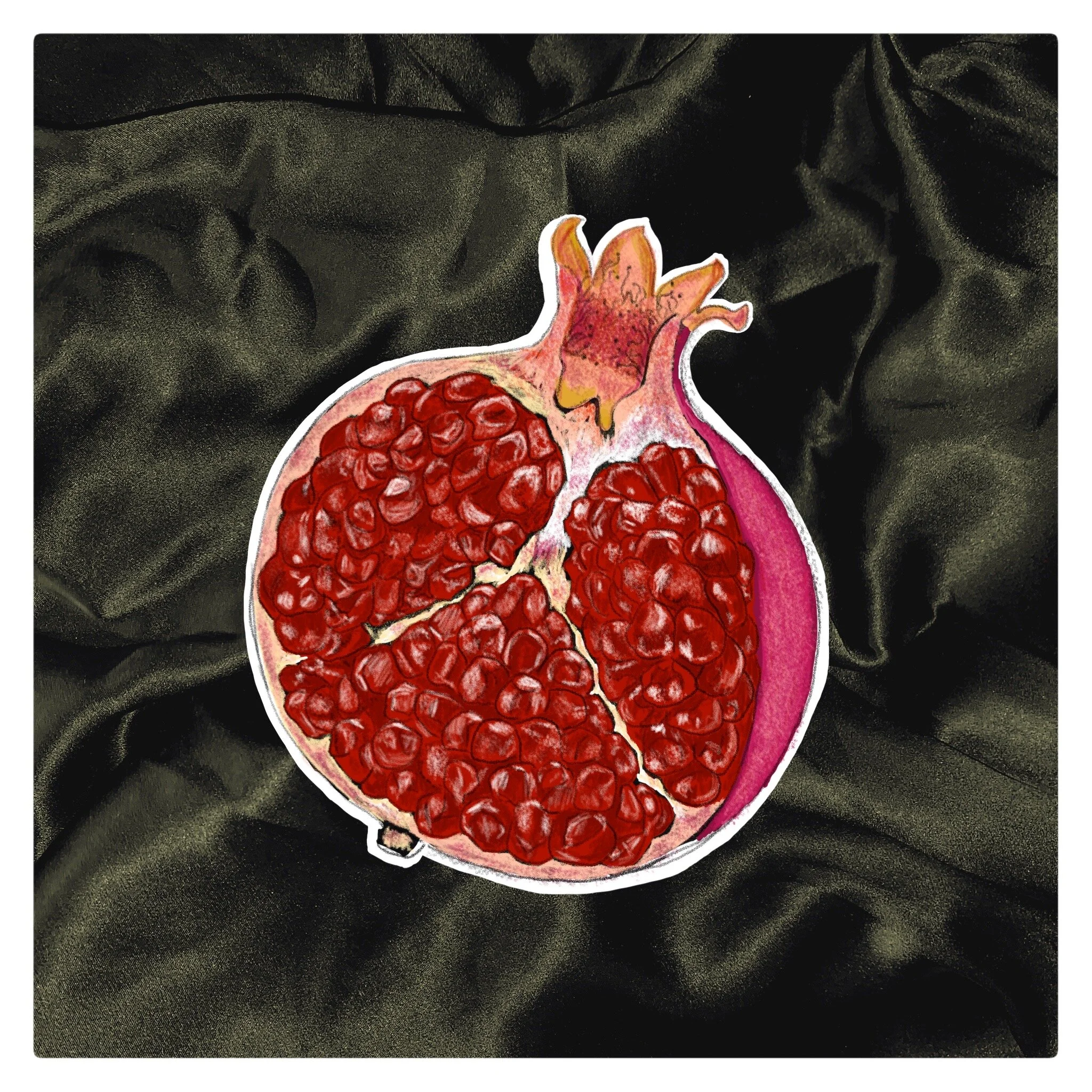This piece was first published in Quarto’s 2021 Spring Print Edition. 2021 poetry winner, selected by Yolanda Wisher.
donec virenti canities abest / morosa.
-Horace Ode 1.9
...the green is still there”
and it is the beginning of summer. there are lightbugsthat have followed me
from further south and sleep under my cuticle.
the porch smells like pine or what i think pine smells like coming from a can.
my father gets a beer for himself and, like a pastor, says he cannot wait for me to
turn 21,
i bubble
behind my eyelids and smile. i can hear a truck come by
and smell the exhaust but do not see it. only sound. i get the flashback
to a bad decision sneaking out in queer rebellion. i almost got murdered
or worse this past winter across the street in the garden
after worse happened this past winter
already. and i was back
with my feet on the grain and my father sitting
like there is a rock dangling from his collar and he sips his beer
and asks me to explain how it feels and after two hours or so,
when i have stopped counting the flicker of fireflies after a dozen or so and my
heart slows
and i can rub my fingers against the glass tablepane again. my eyes wander
to the smoothness of the knuckles on my hand and the treeline shifting
when he gets up and puts his two fingers
on my shoulder and pats again and again
to let me know there is love or at least less darkness
and concrete is not what cells are made of
but regret and power.
and some starfire peaks from behind the moon and flickers
and the screendoor clicks. i'm alone
counting again as they disappear in my clear night
just when it starts to rain.
Joan Tate (CC '22) is a trans poet studying Creative Writing Poetry and Classical Latin. After spending her childhood moving around Virginia as a 5th generation preacher’s kid and finding her roots in Appalachia, Joan has since become enamored with the living and transient quality of the New York school poets such as Alice Notley, Eileen Myles, and Frank O’Hara and attempts to find in her poetry beauty that is tied to being in your own skin. When she’s not reviewing the swings in Riverside Park or drafting questions for ghosts, she acts as a copy-editor for Ratrock and programs Experimental Music shows for WKCR-FM.




















